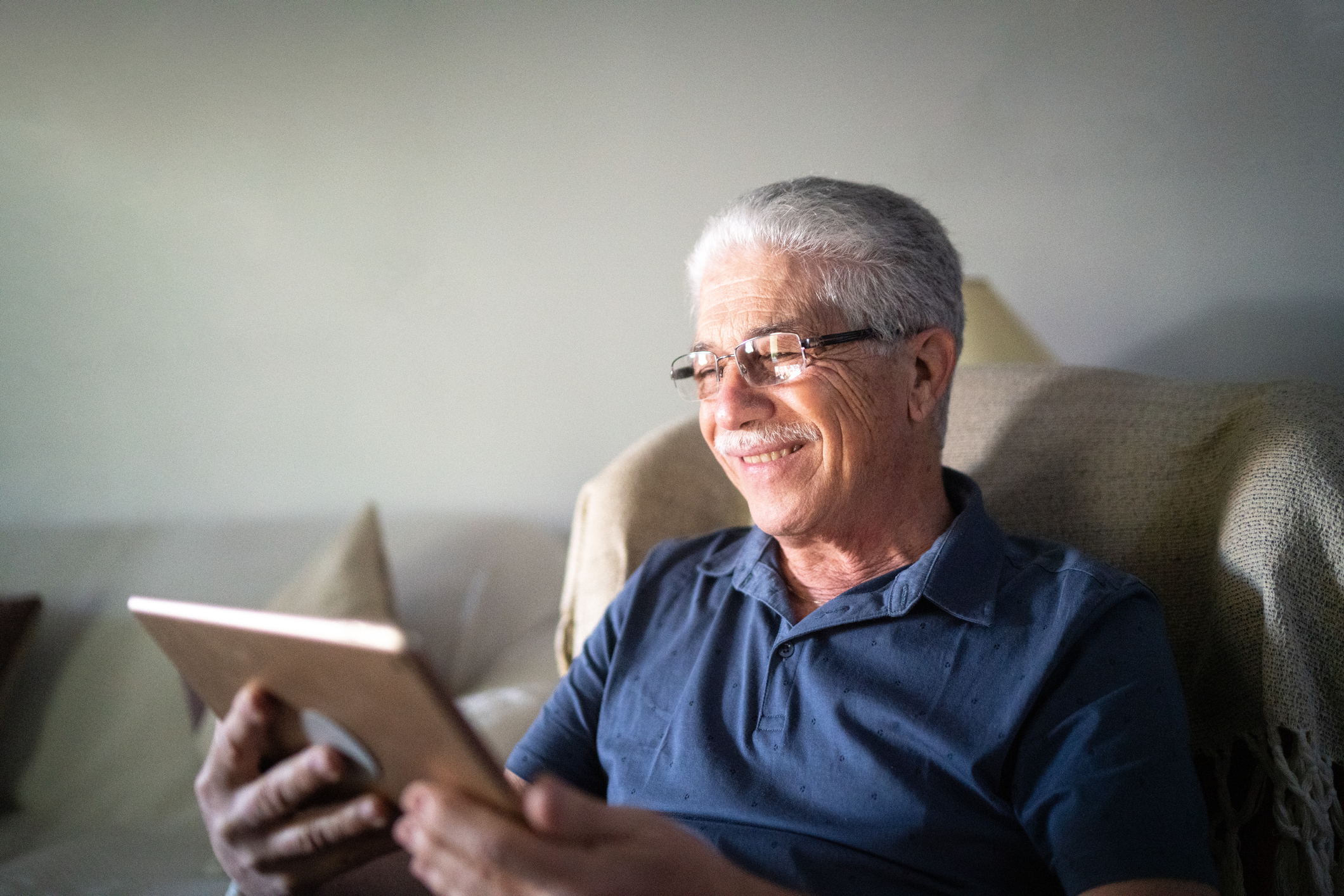St. Jude Medical (NYSE:STJ) announced Thursday that the Minnesota medical device maker has received European regulatory approval to market the Eon Mini Neurostimulator, the world’s smallest, implanted rechargeable device to treat chronic migraine.
Along with this approval for the Eon Mini comes additional regulatory nods for the Eon and EonC neurostimulators. The Eon mini, which is about the size of a man’s watch, weighs roughly an ounce.
St. Jude Medical scored another first, announcing that Eon product line’s approval was preceded by the EU clearance for the Genesis neurostimulation system. Genesis marks the industry’s first regulatory approval for an implanted neurostimulation device to treat intractable chronic migraine.

With the Rise of AI, What IP Disputes in Healthcare Are Likely to Emerge?
Munck Wilson Mandala Partner Greg Howison shared his perspective on some of the legal ramifications around AI, IP, connected devices and the data they generate, in response to emailed questions.
Through these neurostimulators, the occipital nerves receive mild electric pulses to manage the pain associated with the condition. In a clinical trial involving a double-blind, randomized study, St. Jude Medical found that after 12 weeks of stimulation, patients said they felt an average of six fewer headaches per month. After a year’s worth of stimulation, 65 percent said they had excellent or good pain relief while an overwhelming 89 percent said they would recommend the procedure to someone else suffering the same debilitating effects.
“Neurostimulation technology represents an exciting new approach to treat intractable chronic migraine,” said Eric S. Fain, president of the St. Jude Medical Implantable Electronic Systems Division. “We are proud to be able to offer this potentially life-changing therapy for patients who suffer with this debilitating condition and so desperately need a more effective treatment option.”
[Photo Credit: Surachai]












